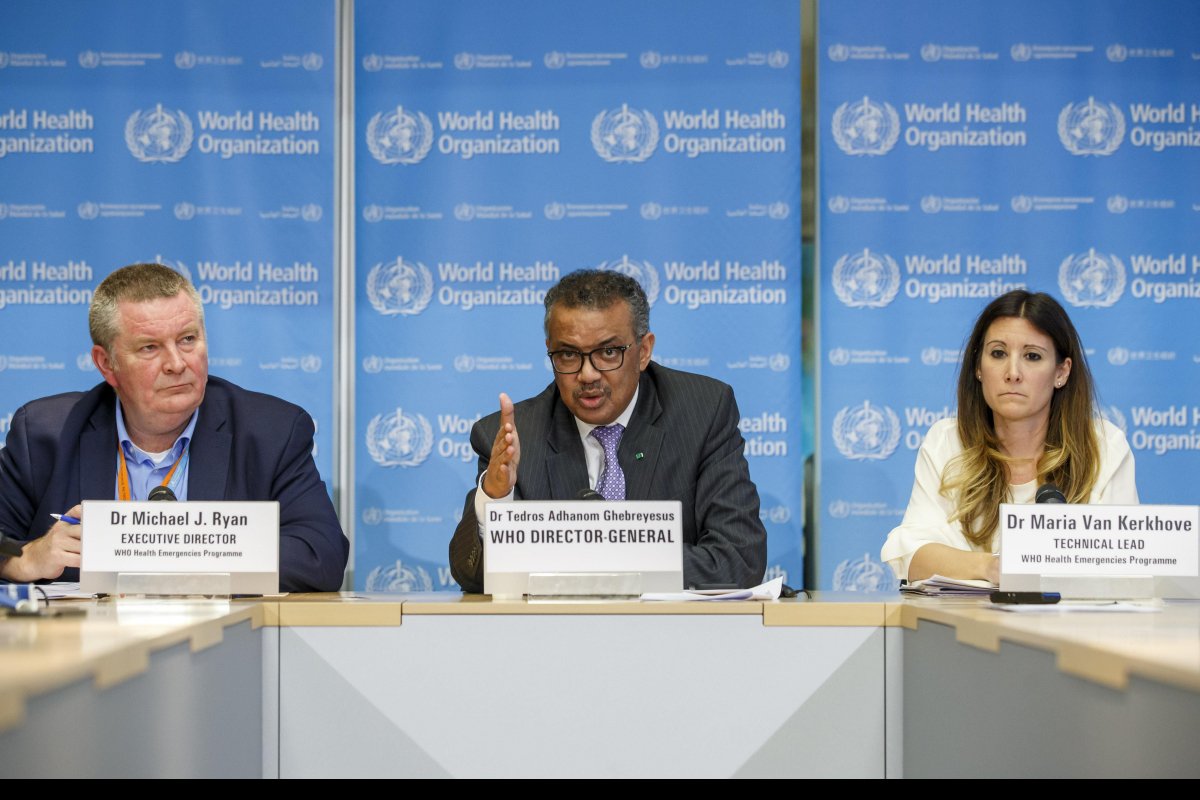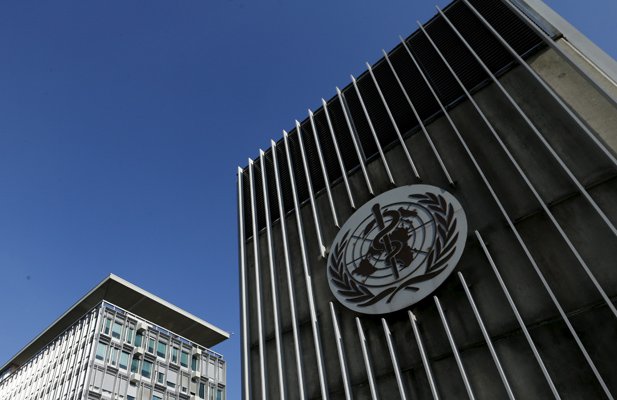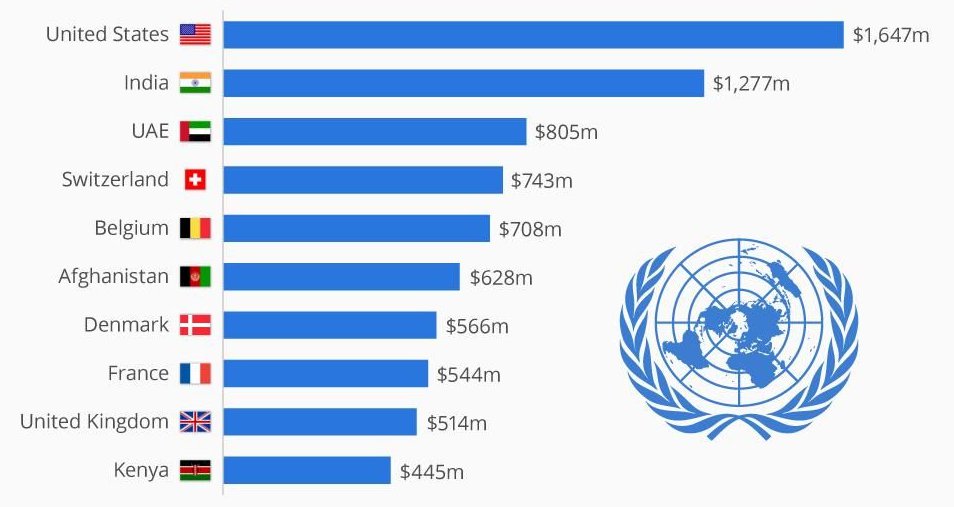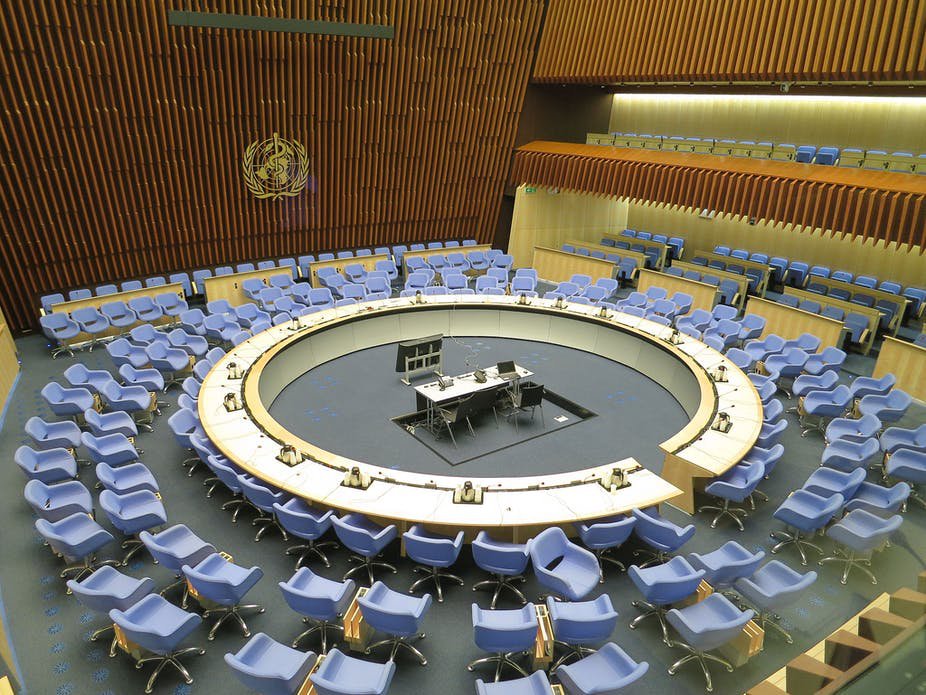Recently, US President Donald Trump halted funding to the World Health Organization (WHO) amid the coronavirus outbreak.
Withdrawing funding from the World Health Organization during an international health crisis is reckless, shortsighted, and could cost people their lives. I honestly can’t think of a worse idea. https://t.co/pJxCaEEPMZ
— Sean Patrick Maloney (@RepSeanMaloney) April 15, 2020
This announcement came after Trump accused WHO of being too “China-centric” in regards to the coronavirus pandemic. But to what extent will Trump’s announcement of stopping funds affect WHO?

The WHO gets two different types of funding. One contribution is by different nations that are members of the organization whose amount is calculated on the basis of the country’s wealth and population. The second type is from voluntary contributors.

And it turns out that the US is the largest contributor to WHO with a share of 22%. Second on the list is China with 12.0058%.
Then come Japan and Germany at 8.5645% and 6.0904% respectively and the fifth country in the top five is the United Kingdom with a share of 4.5673%.

India’s share is about 0.8341%. The US’s share is part of the assessed contributions which equates to something like a membership fee. The countries have to pay the fee on January 1st every year. But as of 31st Jan 2020, The US still has not paid the dues for 2019 and 2020 which is coming to almost 200 million dollars.

But in the past couple of years, the share of assessed contributions in WHO’s annual budget has reduced. These contributions only make up 24% of the total budget.
The rest of the amount is mostly by voluntary contributions. These include non member private organizations like the Bill and Melinda Gates Foundation, universities, UN Bodies like UNICEF and UNDP.

Now if Trump decides to go ahead and block USA’s contribution to WHO, then the organization has the power to suspend the country’s voting rights and also deny access to its services.

















